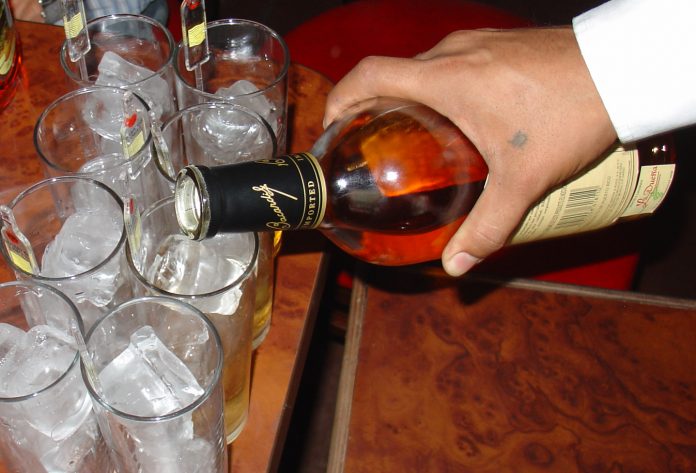By NOEL MURPHY
ALMOST half of Geelong’s 14-year-olds are drinking alcohol, according to a new Deakin University study.
The study found the young teens were obtaining grog from their homes and, sometimes, bottle shops.
Deakin researchers working on the study caught Geelong bottle shops selling alcohol to teenagers who looked under-age without asking for identification.
Professor John Toumbourou said the teens had been independently assessed as clearly appearing under 18 years old.
“When asked where they obtain their alcohol they commonly reported getting it from home but in some cases from bottle shops,” Prof Toumbourou said.
The study found that 41 per cent of young people in Geelong – more than two in five – were drinking alcohol at age 14.
Prof Toumbourou said under-age drinkers risked injuries and harm, impaired brain development and alcohol problems later in life.
The latest findings about Geelong’s boozy habits follow repeated calls for tighter restrictions on nightclub opening hours for legal-age drinkers to curb assaults and alcohol-related injuries.
Police, politicians and academics have advocated earlier closing hours and lock-outs but venue operators insist that existing checks and initiatives have effectively curbed problems.
Deakin’s latest study triggered letters from its research team to bottle shop operators alerting them to the sales practices of staff “as a way of helping the managers to reduce under-age sales”.
“The evidence is very clear,’’ Prof Toumbourou said.
“In communities where under-age youth find it is difficult to obtain alcohol there’s less youth alcohol use and fewer alcohol related injuries, assaults and deaths.
“Communities with less youth alcohol use have higher rates of school completion.”
Geelong Headspace spokesperson Dr Jane Opie said the high rate of alcohol use among 14-year-olds was unsurprising.
“But I don’t think they’re regular drinkers. It would be more episodic binge drinking,” she said.
Dr Opie said young females were most at risk to alcohol-related problems, citing unexpected and unwanted sex.
A “huge” 15 per cent chlamydia rate among Headspace screenings of young girls was a disturbing reflection of problems facing Geelong, she said.







